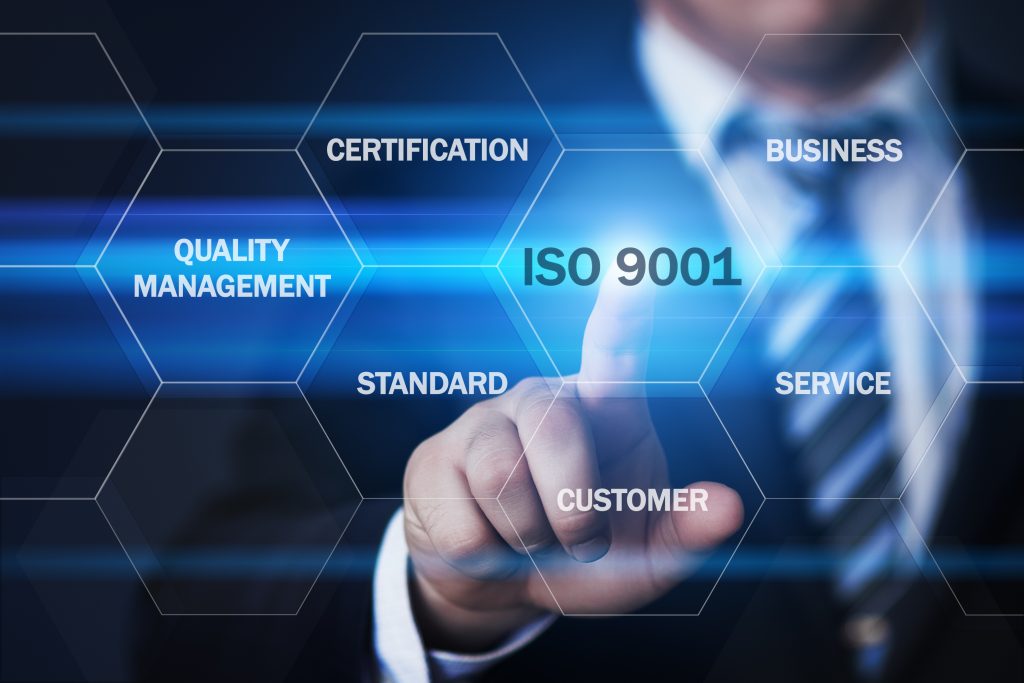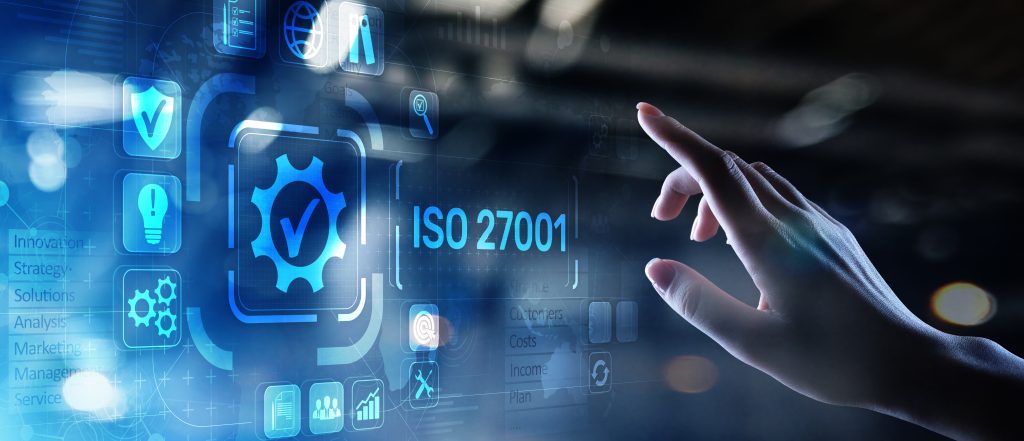Auditing plays a pivotal role in ensuring the smooth operation of organizations. It acts as a guiding compass, helping companies achieve excellence in quality and robust information security. Recently, I embarked on a remarkable journey as an internal auditor for ISO 9001 and ISO 27001 at Aspire Systems. What sets this adventure apart is the fact that it was conducted remotely, in a location vastly different from my own. This unique experience not only expanded my horizons but also taught me valuable lessons about conducting global audits by leveraging the power of technology.
Understanding ISO 9001 and ISO 27001
Before delving into my remote audit experience, let’s take a closer look at the two ISO standards that formed the core of my journey.

1. ISO 9001 – Quality Management System (QMS):
ISO 9001 is a globally recognized standard for quality management systems. It provides organizations with a structured framework to maintain consistent quality in their products and services. The primary objectives of ISO 9001 include enhancing customer satisfaction, ensuring continual improvement, and reducing operational inefficiencies.
Key Elements of ISO 9001:
- Process-oriented approach: ISO 9001 emphasizes the importance of well-defined processes, helping organizations identify, monitor, and improve key activities.
- Customer focus: It places a strong emphasis on understanding and meeting customer needs and expectations.
- Continuous improvement: ISO 9001 encourages organizations to assess their processes and seek opportunities for enhancement continually.
- Risk-based thinking: The standard incorporates risk management to identify and address potential issues proactively.
2. ISO 27001 – Information Security Management System (ISMS):
ISO 27001 is a globally recognized standard for information security management systems. It helps organizations identify and manage risks related to information security, ensuring the confidentiality, integrity, and availability of sensitive data. In an increasingly digital world, ISO 27001 is vital for safeguarding an organization’s critical information assets.

Key Elements of ISO 27001:
- Risk assessment and treatment: ISO 27001 requires organizations to systematically evaluate information security risks and implement measures to mitigate them.
- Security controls: It provides a comprehensive set of security controls and guidelines to protect information assets.
- Continual improvement: ISO 27001 promotes a cyclical process of planning, implementing, monitoring, and improving information security management.
- Legal and regulatory compliance: Organizations must align their information security practices with applicable laws and regulations.
The Significance of ISO Standards and Procedures in Our Organization
At Aspire Systems, ISO standards aren’t just guidelines; they’re the foundation of our success. Here’s why ISO standards and adherence to procedures are of paramount importance within our organization.
1. Ensuring Consistency and Quality:
ISO 9001, the Quality Management System standard, is our roadmap to maintaining consistent quality in everything we do. It’s not just about meeting customer expectations but exceeding them. By diligently following established procedures, we consistently deliver high-quality products and services, ensuring customer satisfaction and loyalty.
2. Protecting Information Assets:
In today’s digital age, safeguarding sensitive information is non-negotiable. ISO 27001 ensures that our information security management system is robust, providing comprehensive protection for critical data. This not only mitigates risks but also maintains trust among clients and partners who rely on us to safeguard their information.
3. Fostering a Culture of Improvement:
Both ISO standards, ISO 9001 and 27001, instill a culture of continual improvement within our organization. We regularly assess our processes, seek opportunities for enhancement, and implement innovations to stay ahead in our industry.
4. Legal and Regulatory Compliance:
Adherence to ISO standards ensures that we are not only compliant with industry best practices but also aligned with legal and regulatory requirements. This reduces legal risks and reinforces our commitment to ethical business practices.
Conclusion
My journey as an internal auditor for ISO 9001 and 27001, conducted remotely in a culturally diverse context, was a transformative experience. It underscored the importance of cultural sensitivity, effective virtual communication, adaptability, and knowledge sharing in the world of remote auditing.
In an era where remote work and global collaboration are the norm, auditors must adapt to new challenges and embrace the opportunities that come with remote audits. By adhering to these principles and upholding the core values of ISO standards and procedures, auditors can contribute to the growth and improvement of organizations worldwide, fostering international collaboration and understanding, even when physical boundaries pose constraints.
As I continue my journey as an auditor, I am more committed than ever to ensuring that organizations, regardless of their location, can benefit from the value of ISO standards. My first remote audit in a different part of the world wasn’t just a professional milestone; it was a lesson in the power of adaptability, the global reach of quality and security, and the integral role of ISO standards and procedures in our organization’s success.

